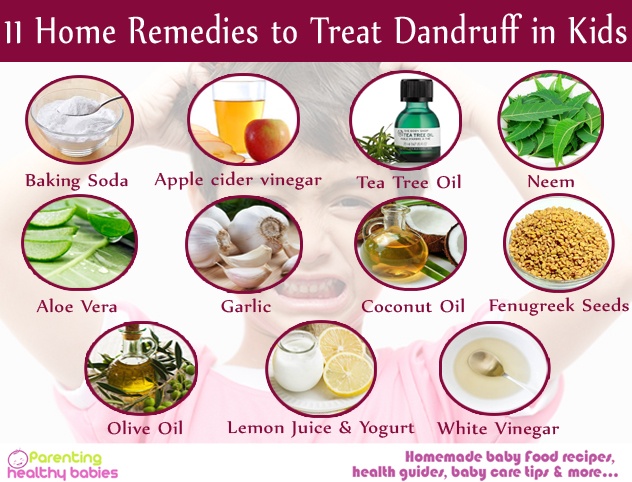H3N2 flu is a type of influenza virus that can cause fever and respiratory symptoms in children. In this article, we will discuss the symptoms, causes, and treatment options for H3N2 flu in children.
Symptoms of H3N2 Flu in Children
The symptoms of H3N2 flu in children are similar to those of other types of influenza viruses. According to the Centers for Disease Control and Prevention (CDC), the symptoms can include fever, cough, sore throat, runny or stuffy nose, body aches, headache, chills, and fatigue.
In some cases, vomiting and diarrhea may also occur.Causes of H3N2 Flu in ChildrenH3N2 flu is caused by an influenza virus that spreads from person to person through respiratory droplets when an infected person talks, coughs or sneezes. The virus can also spread by touching a surface contaminated with the virus and then touching one’s mouth or nose.
Treatment Options for H3N2 Flu in ChildrenThe treatment options for H3N2 flu in children include antiviral medications such as oseltamivir (Tamiflu) or zanamivir (Relenza).
How Is H3N2 Flu Transmitted To Children?
H3N2 flu can be transmitted to children through respiratory droplets when an infected person talks, coughs or sneezes. The virus can also spread by touching a surface contaminated with the virus and then touching one’s mouth or nose
Influenza viruses can spread from pigs to people and from people to pigs. Spread from infected pigs to humans is thought to happen in the same way that seasonal flu viruses spread between people.
The droplets infected with the virus can also land on things like doorknobs, toys, and utensils, which can then be touched by others who may become infected when they touch their mouth or nose. Influenza A is endemic in a broad range of species, with avian and swine strains having the greatest potential for transmission to humans
How Can Parents Protect Their Children From H3N2 Flu?
Parents can protect their children from H3N2 flu by taking preventive measures such as getting the flu shot, paying attention to symptoms and getting treated fast, teaching children to cover their nose and mouth with tissues when they sneeze or cough, and washing hands frequently with soap and water for at least 20 seconds.
It is also important to keep babies under 3 months old away from people who are sick if possible. If a child does get sick with the flu, parents should make sure that the child drinks lots of liquids to prevent dehydration, gets plenty of sleep and rest, and takes medication if it is recommended by a healthcare provider
While current CDC data indicate that seasonal vaccines may provide limited protection against infection with H3N2v viruses among adults and no protection in children, getting vaccinated can still help reduce the severity of symptoms if a child does get infected.
How Effective Are Seasonal Vaccines Against H3N2 Flu In Children?
According to current CDC data, seasonal vaccines may provide limited protection against infection with H3N2v viruses among adults and no protection in children. However, a 2020 study found that during the 2018-2019 flu season, flu vaccination reduced flu-related hospitalization by 41% in children.
Another study found that vaccine effectiveness against influenza A(H3N2) was 49% among children who received two doses of the vaccine. Immunization is still considered the most effective means of preventing influenza infection in children. While the effectiveness of seasonal vaccines against H3N2 flu in children may vary from season to season, getting vaccinated can still help reduce the severity of symptoms if a child does get infected.
Natural Remedies
There are several natural remedies that can help alleviate flu symptoms. Vitamin C, vitamin D3, and echinacea are some of the best foods that can help boost the immune system. Herbal remedies such as maoto and licorice roots have also been found to be effective in preventing and treating viral respiratory illnesses. Garlic is another versatile herb that can help fight against swine flu.
Other natural remedies for flu symptoms include drinking plenty of water and fluids, getting rest, consuming warm broth, taking zinc supplements, using a salt rinse, drinking herbal tea, using essential oils, and using a humidifier. Andrographis is another herb that has been traditionally used in Chinese medicine to treat infections and inflammation. While natural remedies may provide relief from flu symptoms, it is important to consult with a healthcare provider before trying any new treatments.
Resources:
https://www.cdc.gov/flu/swineflu/variant/h3n2v-basics.htm
https://www.ncbi.nlm.nih.gov/pmc/articles/PMC2876760/













